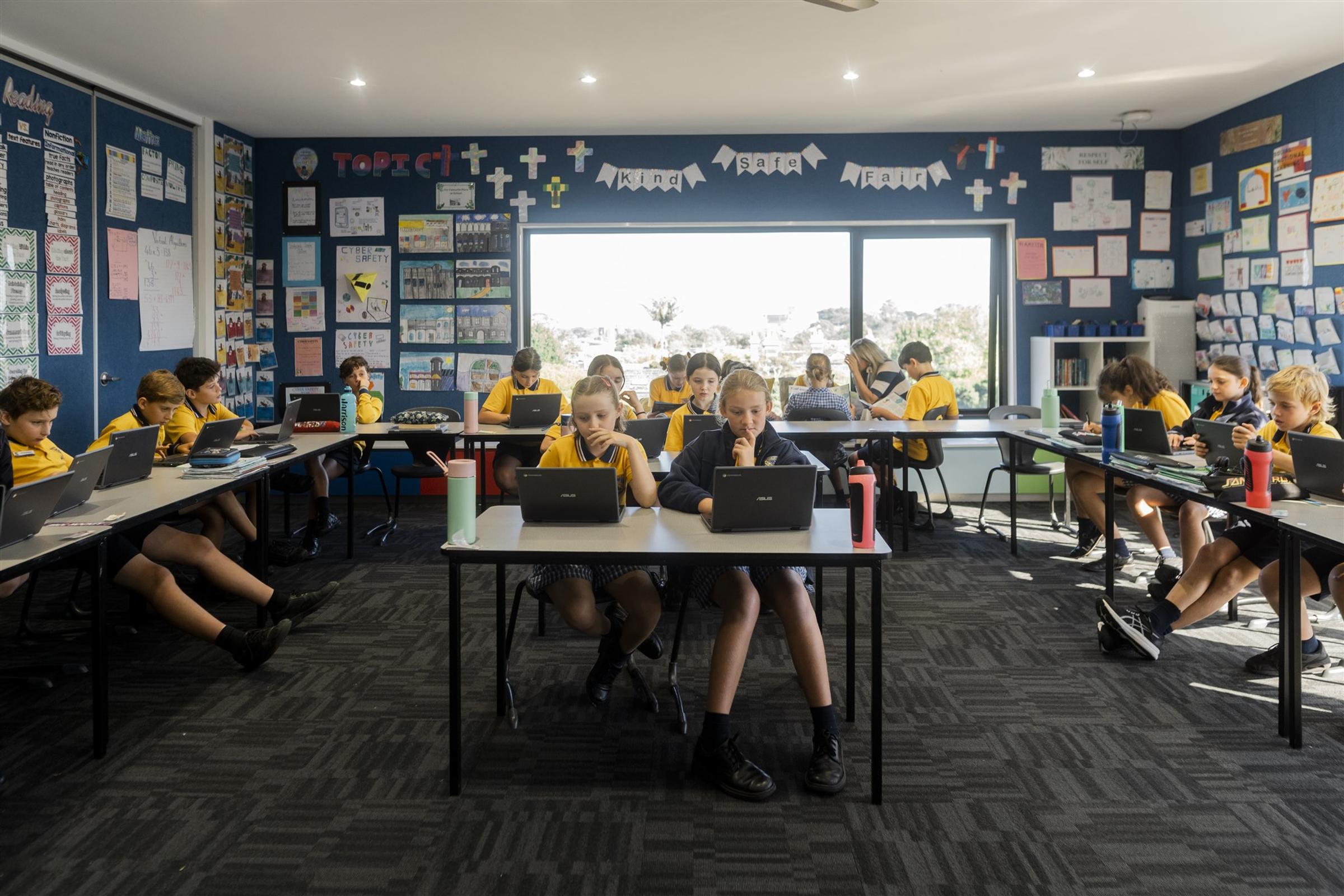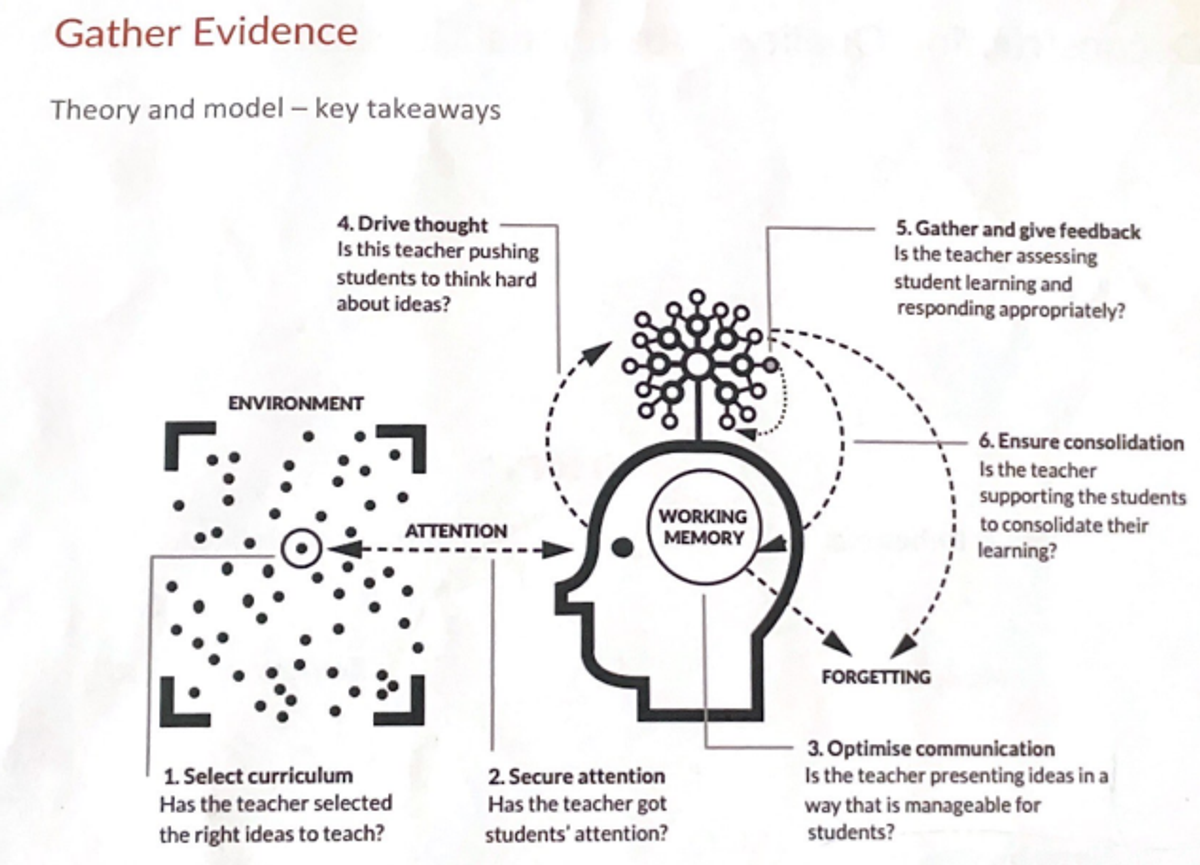Deputy News: Instructional Coaching

Over the past few months, your children may have come home and shared that their teachers are being filmed whilst teaching them in the classroom. This is because over the past year, St Joseph's have been implementing instructional coaching into our St Joseph's staff development process. Instructional coaching involves an experienced teacher acting as a coach, who works one-on-one with a teacher to observe and model classroom practice and support reflection and professional conversation. It involves setting small, personalised steps to improve teacher practice. Current research around instructional coaching indicates that the approach can have the largest impact on student learning outcomes, adding up to an additional two months of growth to student achievement each year.
This year we have nine of our classroom teachers taking part in the instructional coaching program. As well as an additonal five classroom teachers taking part in the 'Teaching for Impact in Mathematics (TIMs)' program being run by MACS which is an additional coaching program. We are extremely fortunate to have our junior Maths leader Sarah Nugent implementing the TIMs program at St Joseph's.
The instructional coaching approach follows the memory model of learning, pictured below. This memory model gives a simple view of how learning, and retainment of information to long-term memory, occurs. Based on the filmed observations of the lessons, an area for development is identified from the model in which the teacher has opportunity for growth and development.
At this stage, we are one of the initial schools taking on the approach with our staff. We're incredibly excited by the opportunity to be leaders and innovators in this field, within the Southern Catholic region of schools.
The instructional coaching program is broken into three different stages that form a cycle.
Stage One: During Stage One, staff are filmed teaching a lesson. This lesson is then coded and used for a reflection and goal setting meeting between the coach and the teacher where a shared understanding of the key area for improvement is developed.
Stage Two: In this stage we develop an understanding of best practice between the coach and the teacher. The coach models the research-informed best approach for developing this aspect of their practice. Once the teacher is clear on how to implement this modification, they're given the opportunity to practice in the classroom.
Stage Three: This stage involves ongoing reflection and review. The coach attends that teacher's class once a week to provide feedback on the implementation of the goal. They then meet after the lesson for a short reflection session to gather feedback on how they're feeling about their progress. When the teacher and coach both feel confident that the teacher has successfully embedded the approach into their regular practice, the cycle begins again and a new goal is developed.
Our teachers taking part in the instructional coaching program will be filmed at least three times across the second half of the year. At this stage we're pleased to report that we're seeing some fantastic growth from our teachers and staff on their practice, which they're reporting, is having a big impact on the student learning performance in the classroom.
Tom Hartney
Deputy Principal and Teaching and Learning Leader

